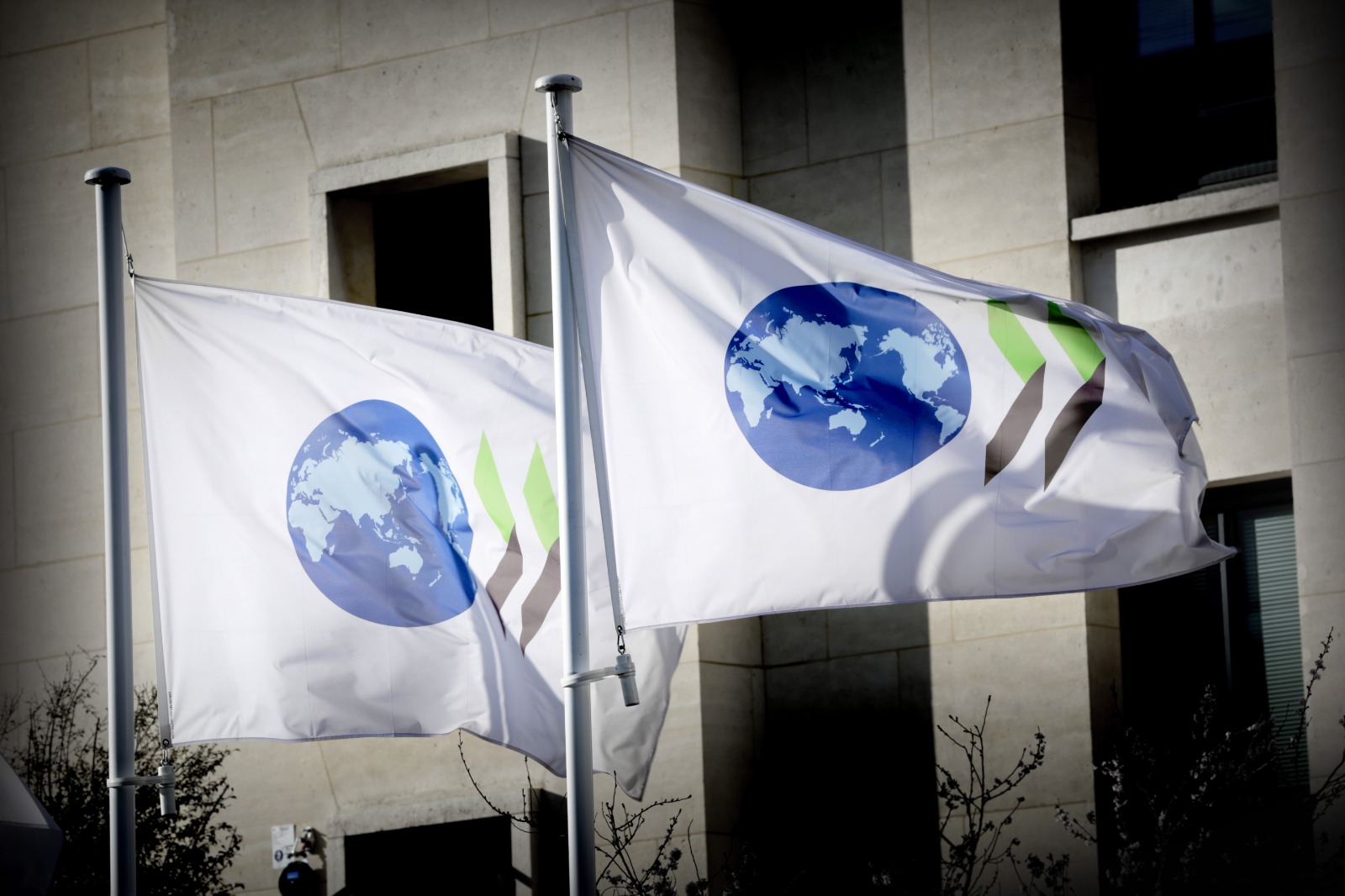The Organization for Economic Cooperation and Development (OECD) has called for continued “income support for households and companies”.
However, it believes these “should be refocused to support people and help companies with grants and equities rather than debt.”
It made the recommendations as part of its March report titled “Strengthening the recovery: The need for speed”, in which it detailed the global financial outlook, and made a series of recommendations.
The organisation believes that the aforementioned income support for businesses and households would be warranted “until vaccination allows a significant easing of restraints on face-to-face activities”.
It believes that the “top policy priority is to ensure that all resources necessary are used to produce and fully deploy vaccinations as quickly as possible throughout the world.”
Furthermore, the current “very accommodative” monetary policy stance should be maintained, and the “temporary overshooting of headline inflation” should be allowed, “provided underlying price pressures remain well contained”.
Another important takeaway from the report is that the OECD has hiked its global growth forecast to 5.6 per cent, an increase of 1.4 per cent from its December forecast.
This increase, the organisation reports, reflects the “impetus provided by stronger economic activity in the latter half of 2020, increasing evidence of the efficacy of COVID-19 vaccines, and the demand stimulus from additional policy support put in place in many countries”.
Returning to its views on fiscal support, it states that “strong and timely fiscal support since the onset of the pandemic has played a vital role in supporting incomes and preserving jobs and businesses”.
It cautions that “a premature and abrupt withdrawal of support”… “should be avoided whilst economies are still fragile and growth remains hampered by containment measures and a slow pace of vaccinations”.
New fiscal measures, the OECD says, “need to be implemented quickly and effectively to give a boost to growth and enhance job opportunities”.
However, the broad support of whole economies needs to be adapted into something more targeted, to support the “hardest-hit sectors”.
To implement these measures, “budget deficits will remain large, as appropriate, and the automatic fiscal stabilisers should be allowed to operate fully”.
However, accompanying its promising projections, the organisation says that “signs of inflation have begun to emerge”.
The OECD comments “headline inflation has recently risen in many advanced economies, and remains high in some emerging-market economies, in part due to jumps in commodity prices and past currency depreciation”.
In Malta, the Government on Tuesday announced the continuation of existing measures, which will be extended, it says, so that effected businesses will continue to receive full COVID support until the end of 2021.
Furthermore Enterprise, Energy and Sustainable Development Minister Miriam Dalli announced that “New Economic Initiatives” would be introduced in the coming weeks, though details on what these will entail remain scant.
The OECD is an international organisation that works to foster people-centric economic measures. Its goal, it says, is to shape policies that foster prosperity, equality, opportunity and well-being for all.
Clyde Caruana dismisses Iran war energy price concerns: ‘Malta has plenty of space to manoeuvre’
The escalating conflict between Israel and Iran has sent shockwaves through global energy markets
Poundland bought for £1 in rescue deal as thousands of UK jobs on the line
Poundland has more than 800 stores around the UK and employs some 16,000 people
Corinthia expands Beverly Hills footprint with third property acquisition and new US partnership
The partnership secured rights to acquire a third prime property; an office block adjacent to the Maison and Mosaic Hotels





